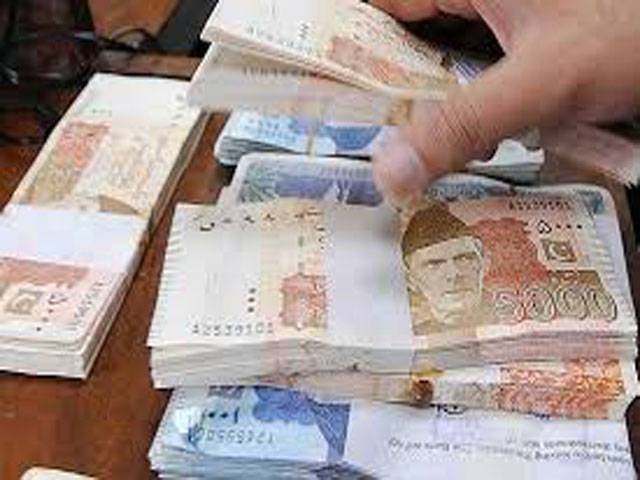ISLAMABAD-The Federal Board of Revenue (FBR) has set challenging tax collection target of Rs965 billion for the current month (December) despite slowdown in economic activities in the country.
The FBR, which has already achieved the five months target of Rs2,680 billion, would require massive growth of 61 percent to achieve its monthly tax collection target that has been set at Rs965 billion. However, it would be a challenge for the FBR to achieve the target amid lower pace of economic activities especially due to floods that also weigh on tax revenues.
Breakup of the monthly tax collection target for December 2022 showed that the income tax target has been set at Rs546 billion, showing a growth of 113 percent. Sales tax target has been fixed at Rs273 billion, a growth of 20 percent. The target of federal excise duty (FED) has been set at Rs41 billion, requiring growth of 64 percent, and the tax projection of customs duty has been estimated at Rs104 billion, reflecting an estimated growth of 14 percent.
The required growth in revenue is 21.5 percent to achieve the target of Rs7,470 billion for 2022-23. The FBR continued to demonstrate excellent performance in revenue collection for the fifth consecutive month of the current financial year and has exceeded both the five months target of Rs 2,680 billion as well as monthly target of Rs 537 billion despite import compression and zero rating on POL products. As per provisional figures, Rs 2,688 billion has been collected against Rs 2,330 billion collected during the corresponding period of the previous year, by recording an increase of over 15.3%.
The provisional net collection for the month of November, 2022 is Rs 538.2 billion which shows an increase of more than 11.5% over the collection of Rs 480 billion for November 2021. An official of the FBR informed that there are many challenges for achieving the tax collection in remaining months (December to June) of the ongoing financial year. The challenges included declining demand due to inflation, devaluation and high-interest rates, reduced GDP growth, reduced size and spending of the public sector development programme (PSDP), floods and transport disruptions and import compression.
Tuesday, April 16, 2024
FBR sets challenging tax collection target of Rs965 billion for December

IHC dismisses Bushra Bibi's plea seeking her shifting to Adiala Jail from Bani Gala
4:25 PM | April 16, 2024
Punjab CM visits Tehsil Headquarter Hospital Murree
3:25 PM | April 16, 2024
High-level Saudi delegation in Islamabad to hold meetings with Pakistani leadership
2:07 PM | April 16, 2024
Saudi foreign minister meets PM Shehbaz Sharif
1:17 PM | April 16, 2024
Decision to retaliate against Iran attacks rests with Israel, says Pentagon
1:05 PM | April 16, 2024
Political Reconciliation
April 16, 2024
Pricing Pressures
April 16, 2024
Western Hypocrisy
April 16, 2024
Policing Reforms
April 15, 2024
Storm Safety
April 15, 2024
Democratic harmony
April 16, 2024
Digital dilemma
April 16, 2024
Classroom crisis
April 16, 2024
Bridging gaps
April 16, 2024
Suicide awareness
April 15, 2024
ePaper - Nawaiwaqt
Advertisement
Nawaiwaqt Group | Copyright © 2024





